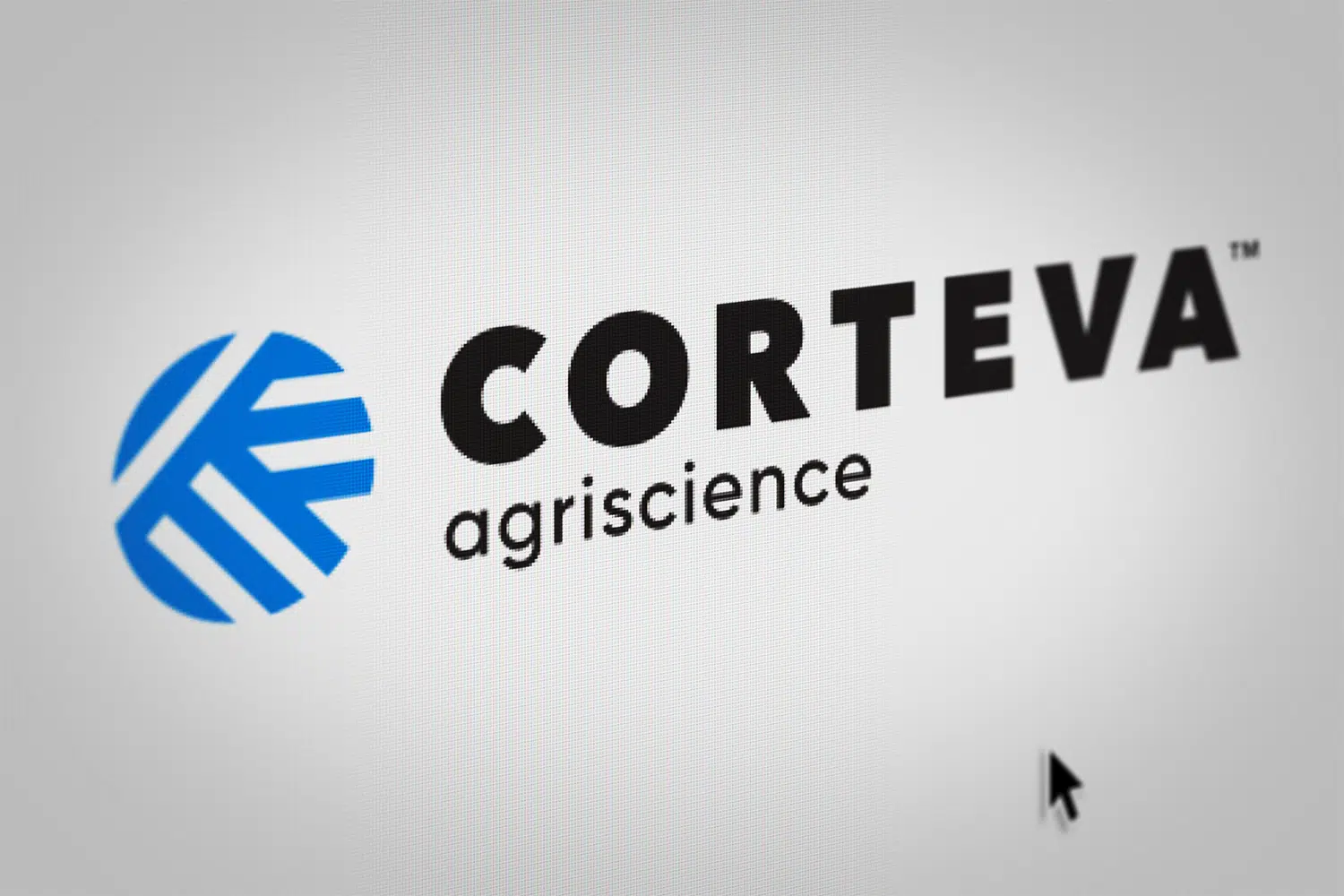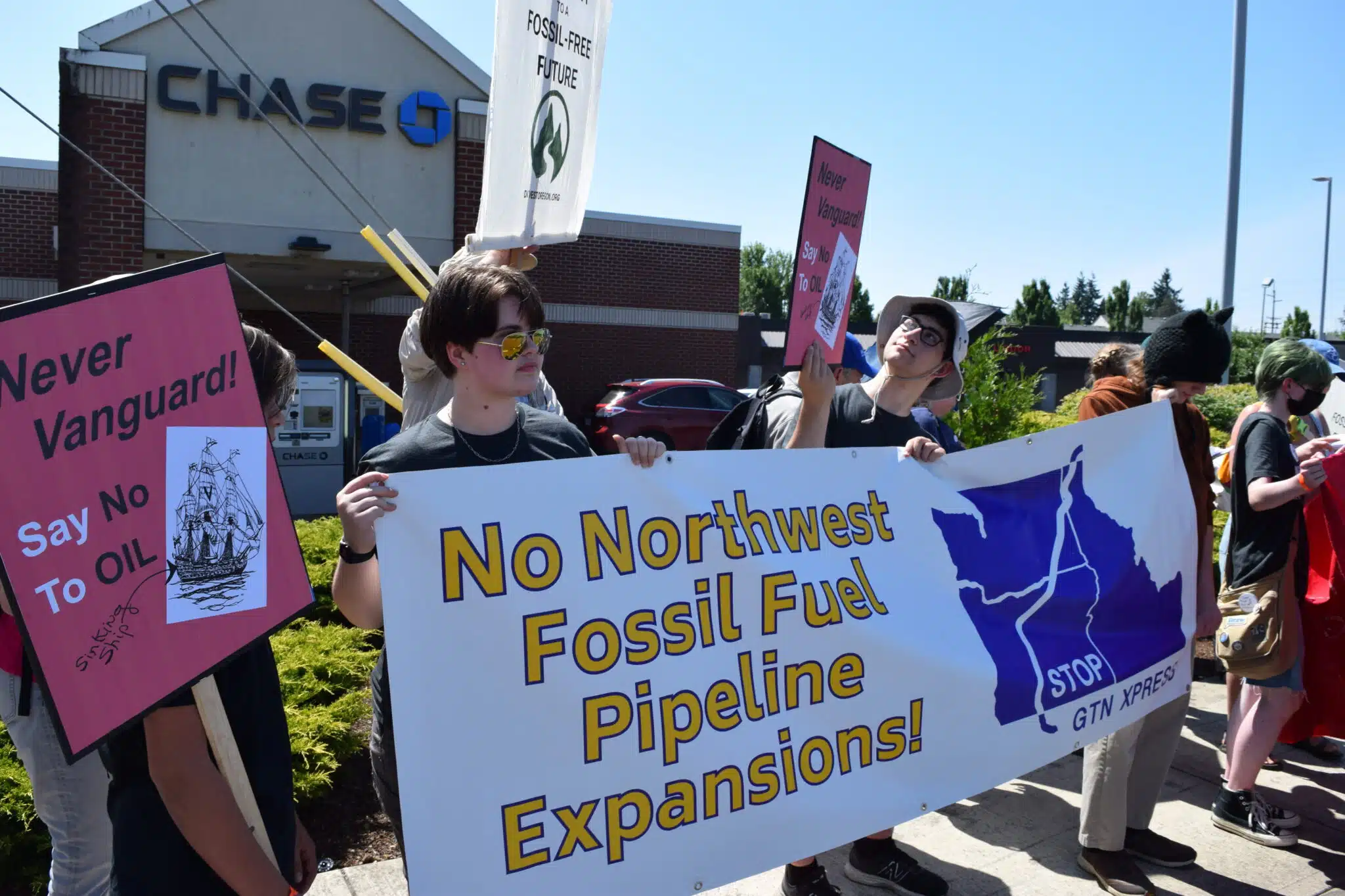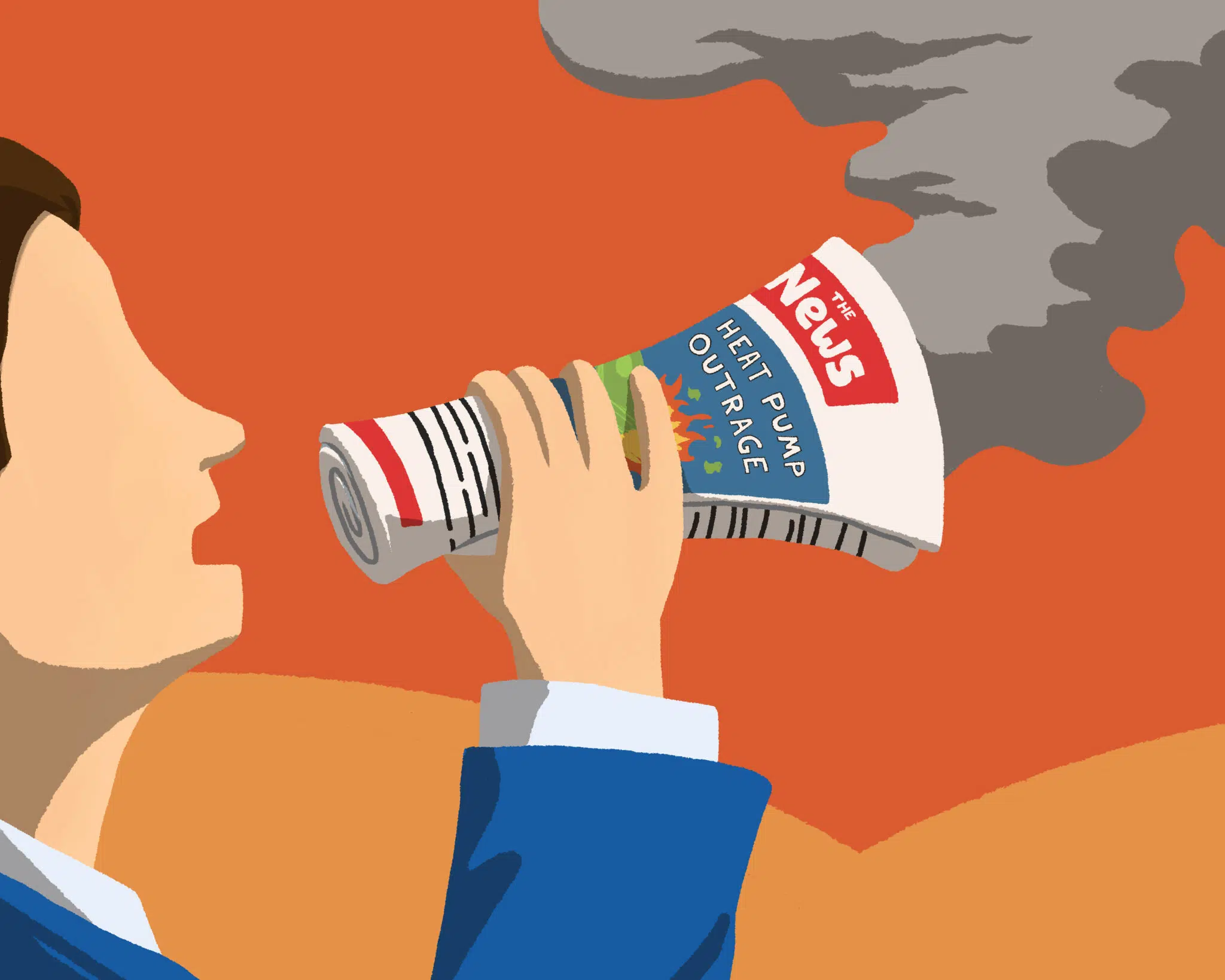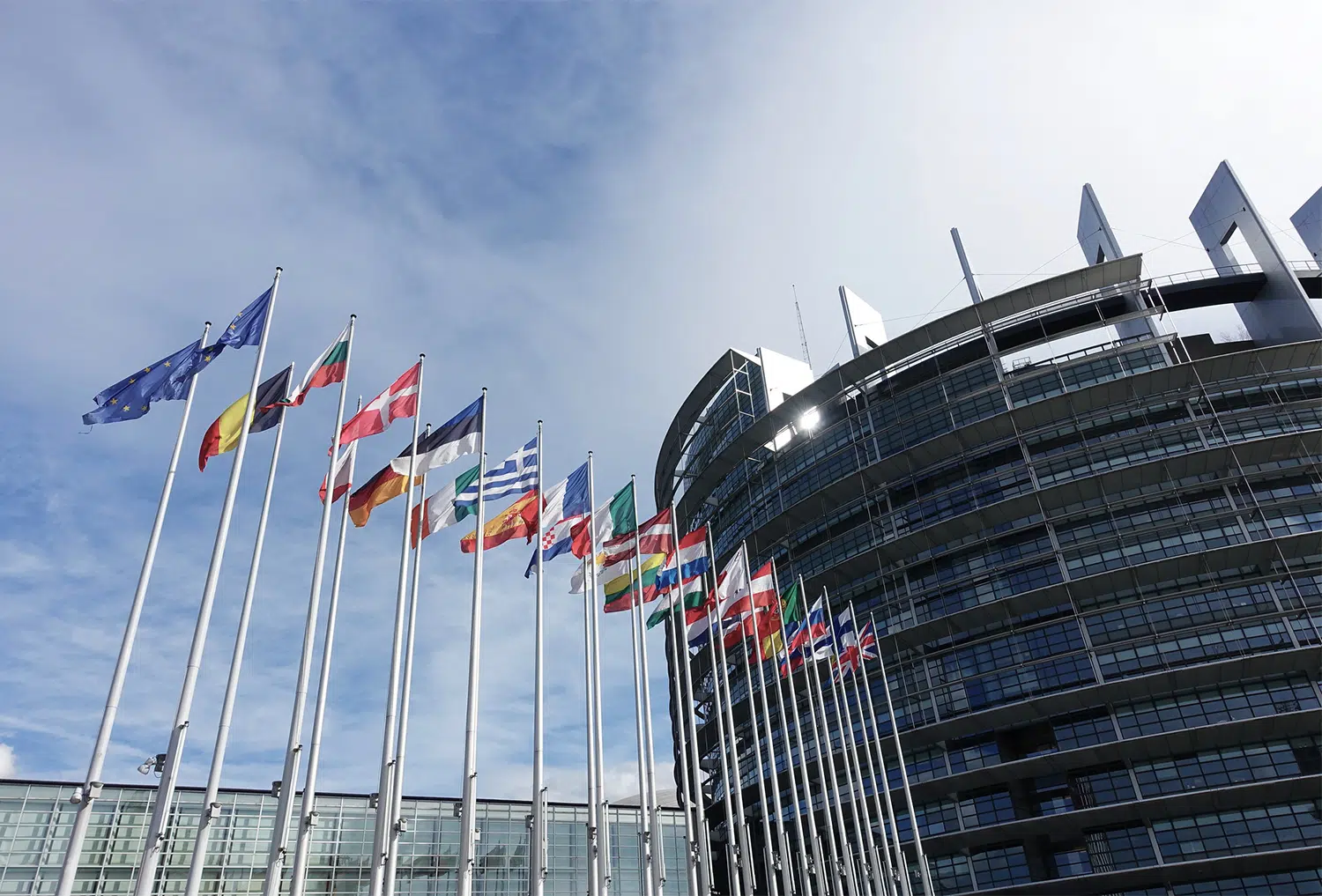
Message From the Editor
This week, Clare Carlile dove into allegations against the BBC for documentaries praising technology by Corteva, the fourth largest pesticide company worldwide. The “Follow the Food” documentaries showcase “solutions” to climate breakdown, biodiversity loss, and food security in the farming sector.
But sustainable farming advocates have criticized the content for favoring industrial agriculture, which is heavily dependent on chemical pesticides and fertilizers. Corteva specifically generates almost a third of its sales from pesticides considered highly hazardous to the environment, animals or human health.
“A public service should not be in bed with a pesticide company to produce these kinds of films,” says Emile Frison, a leading sustainable food expert. “These companies are very good at convincing farmers that without pesticides, they won’t be able to have a decent harvest”.
Follow the Food is just the latest in a series of controversial advertising campaigns from well-respected media outlets, including The Washington Post and the New York Times’ ad agency, T Brand Studio.
In the U.S., a proposed pipeline expansion could upend climate plans in California, Oregon, and Washington.
All three states have passed laws and enacted policies that require utilities to dramatically cut carbon pollution over the next decade. But TC Energy, the Canadian owner of a major regional gas pipeline, has asked federal regulators to approve upgrading three facilities along the Gas Transmission Northwest pipeline.
This would dramatically expand the line’s capacity, flooding the region for decades with new supplies of methane gas – even as demand dwindles.
“These XPress projects are putting millions of cubic feet of gas into the United States at a time when Texas is baking and Oregon is burning.” says Dan Serres, conservation director for Columbia Riverkeeper.
Have a story tip or feedback? Get in touch: [email protected]. Want to know what our UK team is up to? Sign up for our UK newsletter.
Thanks,
Brendan DeMelle
Executive Director
P.S. Investigative journalism like this is made possible by readers like you. Can you donate $10 or $20 right now to support more of this essential work?
Image credit: PIXDUCE / Alamy
BBC Under Fire for Doing Pesticide Giant’s PR
— By Clare Carlile (8 min. read) —
The BBC has been accused of “selling the public’s trust” by producing “totally biased” documentaries on the future of sustainable food sponsored by Corteva, one of the world’s largest pesticide firms, potentially in breach of the broadcaster’s editorial guidelines.
The “Follow the Food” documentaries, which featured a total of 28 episodes over three series, showcase “solutions” to climate breakdown, biodiversity loss, and food security in the farming sector.
Proposed Pipeline Expansion Could Upend Three States’ Climate Plans
— By Nick Cunningham (8 min. read) —
California, Oregon, and Washington have all passed laws and enacted policies that require utilities to dramatically cut carbon pollution over the next decade.
But TC Energy, the Canadian owner of a major regional gas pipeline, has asked federal regulators to approve a plan that would dramatically expand the line’s capacity, flooding the region for decades with new supplies of methane gas – even as demand dwindles.
Revealed: Media Blitz Against Heat Pumps Funded by Gas Lobby Group
— By Phoebe Cooke (12 min. read) —
An energy trade association that represents and promotes gas boilers and manufacturers is behind a barrage of negative press attacking heat pumps, DeSmog has learned.
Over the past two years, the Energy and Utilities Association (EUA) has paid a public affairs firm to generate hundreds of articles and interviews to lobby the UK government on energy policy.
This Database Exposes the Client Conflicts of More Than 1,500 Big Oil Lobbyists
— By Dana Drugmand (5 min. read) —
As lawsuits mount against the fossil fuel sector for decades of sowing climate disinformation, the PR and ad agencies, banks, institutional investors, and law firms that work with the industry are also facing increased scrutiny.
F Minus, a new group focused on the industry’s army of lobbyists, has released a searchable database revealing that many also work with clients who support – or say they support – strong action to slow climate change.
Transparency Watchdog Calls on EU to Strengthen its Lobbying Rules After DeSmog Investigation
— By Clare Carlile (4 min. read) —
Campaigners have called on the EU to urgently reform its rules around lobbying transparency after DeSmog revealed that a US oil-linked advocacy group has been lobbying against major green reforms in Europe, without declaring its activities.
A complaint was sent on Wednesday by transparency watchdog Corporate Europe Observatory to the president of the European Parliament, accusing the EU of failing to tackle secretive lobbying by Consumer Choice Center and similar outfits.
From the Climate Disinformation Database: T Brand Studio
T Brand Studio is an advertising firm owned by The New York Times and operating within the New York Times’ New York offices. On T Brand Studio’s advertisements, a disclaimer pops up when a New York Times reader scrolls over a small question mark next to the “Paid Post” banner at the top of the advertisement. “This content was paid for by Shell and created by T Brand Studio, the brand marketing arm of The New York Times. The news and editorial staffs of The New York Times had no role in this post’s creation,” reads the disclaimer over a 2021 advertisement from Shell. The firm has run advertising campaigns for companies such as Shell, ExxonMobile, Chevron, and more.
Read the full profile and browse other individuals and organizations in our Climate Disinformation Database and Koch Network Database.






